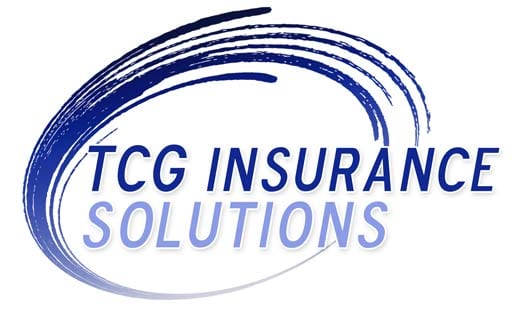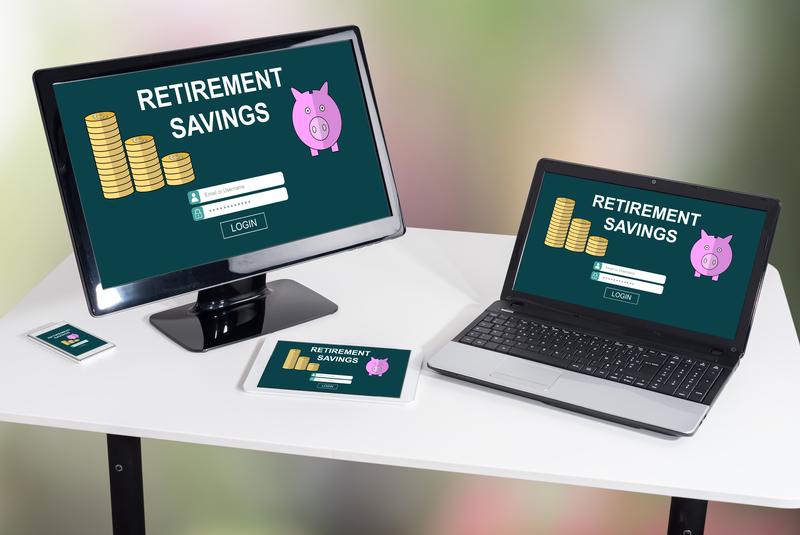Investing in your retirement is key to planning for your future. You will need to invest in your housing, your health and your future cash flow. To grow your money for the future and support your financial health, there are several vehicles that can help you get started today.
401(k)
A 401(k) retirement plan is generally offered by your employer. These plans often include an employer match, so you’ll want to at least invest enough to maximize the match. For example, if your employer matches 2.5 percent up to 10 percent, then your minimum investment should be 10 percent. According to Bertram Solutions, you should take advantage of a larger income later in life by saving more money for your retirement. This money is taken out pre-tax, so it will lower your taxable gross income now. You will pay taxes on the money you take out later, but as many of us will have a lower income in retirement, the tax rate will likely be lower than it is during your earning years.
IRA
Individual retirement accounts or IRAs are offered in two formats. A traditional IRA is tax-deferred, which means you do not pay taxes now, but you will pay taxes on it once you reach 59 1/2 years old and can start withdrawing funds. According to the Tax Policy Center, the contributions you make to a Roth IRA distributions are not taxed when you make withdrawals, and even your investment earnings will not be taxed at the federal level. On the other hand, your contributions are made after taxes. Be sure to check out your state tax rates before you make withdrawals and plan to make the necessary payments on a quarterly basis to save yourself any unpleasant tax surprises.
Healthcare Savings Account
Investing in an HSA or Healthcare Savings Account offers you a great deal of flexibility as you age. While younger investors may be willing to seek out riskier investments because they have time to build up funds in the account, older savers may want to be a bit more reserved in their investment choices. It’s a good idea to treat at least part of your HSA account as your emergency fund and therefore untouchable. It’s also important to note that once you turn 65, according to Betterment, you can use your HSA funds for non-medical expenses, though you will need to pay taxes on it and there may be a penalty.
Building up retirement funds in a variety of accounts is a good way to diversify your portfolio. Take care to review all of the tax advantages available on these investments now, and review your withdrawal rates carefully after retirement to keep your rates as low as possible in the future.


